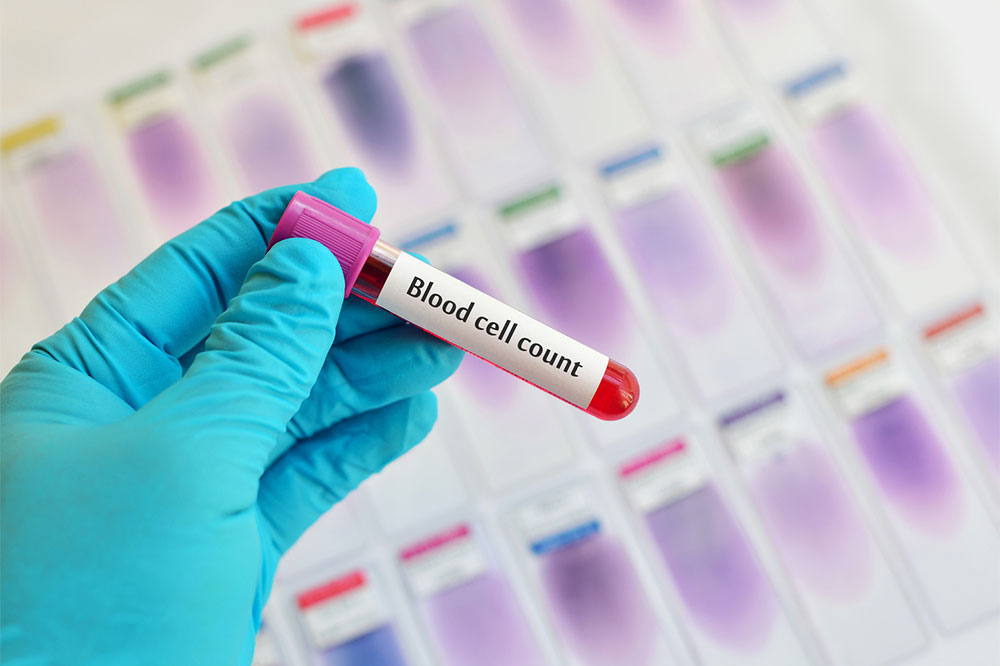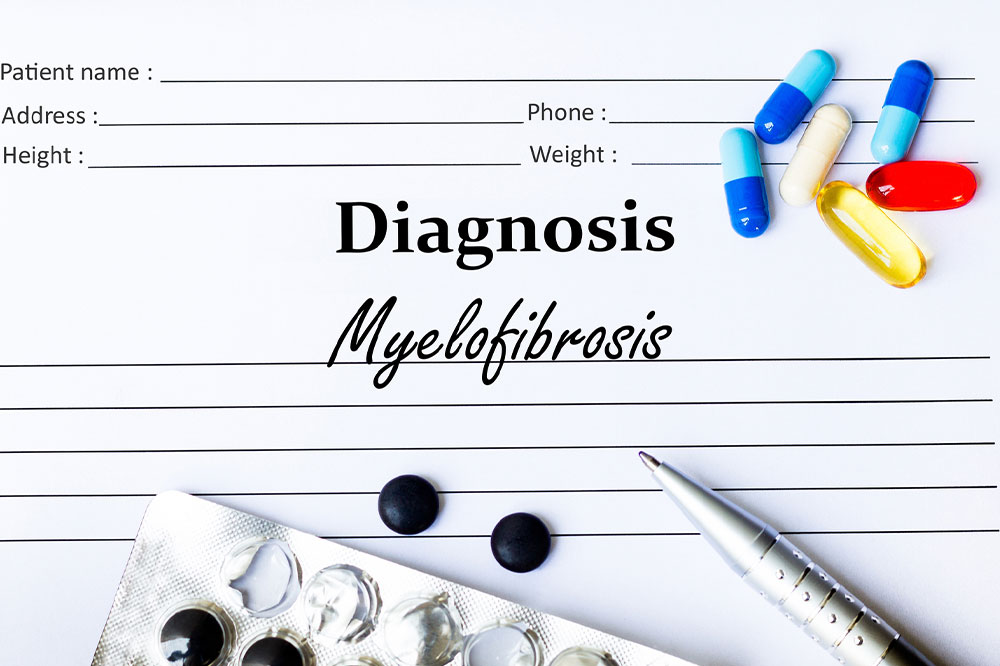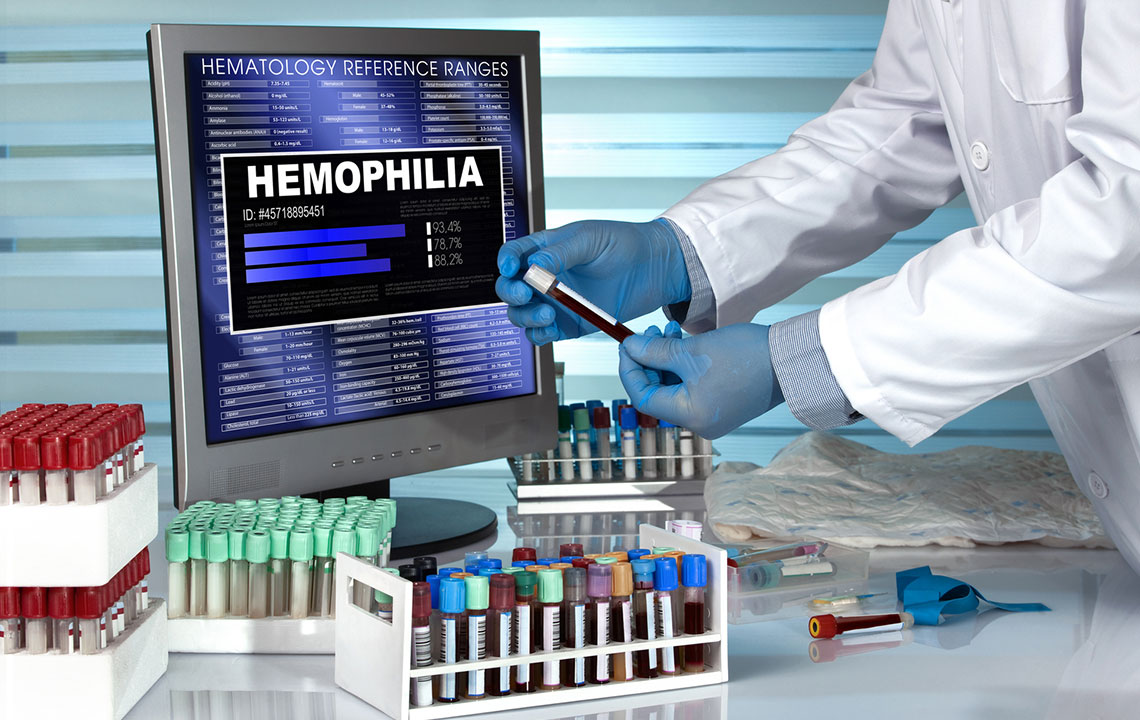Natural Treatments for Low Platelet Count: A Comprehensive Guide
Low platelet count, known as thrombocytopenia, is a condition characterized by a lower-than-normal number of platelets. Platelets are critical components of blood that help in clotting and preventing excessive bleeding. A variety of factors can cause a low platelet count, including viral infections, certain treatments, chronic diseases, and other health conditions. While medical intervention is often required to address severe cases, many individuals seek natural treatments to help manage and improve platelet count.

Understanding Platelets and Thrombocytopenia
Platelets, also known as thrombocytes, are small, colorless cell fragments in our blood. Produced in the bone marrow, they play a crucial role in blood clotting and wound healing. When there is a reduction in the number of platelets, the risk of bleeding increases, which can lead to symptoms such as easy bruising, prolonged bleeding from cuts, bleeding gums, and, in severe cases, internal bleeding.
Causes of Low Platelet Count
– Viral Infections: Conditions such as dengue fever, hepatitis, and HIV.
– Medications: Some drugs can affect platelet production or function.
– Autoimmune Diseases: Disorders like lupus or rheumatoid arthritis.
– Bone Marrow Disorders: Leukemia or other cancers.
– Chronic Illnesses: Conditions affecting the liver or spleen.
Natural Treatments for Low Platelet Count
While it is critical to consult with a healthcare provider for proper diagnosis and treatment, certain natural remedies may help support platelet production and overall blood health.
Nutrient-Rich Diet
A balanced diet rich in certain vitamins and minerals can support overall health and may aid in maintaining a healthy platelet count.
1. Vitamin B12 and Folate: Essential for the production of red blood cells and platelets. Foods rich in B12 include meat, dairy products, and fortified cereals. Folate is found in leafy greens, beans, and citrus fruits.
2. Iron: Crucial for blood production. Iron-rich foods include red meat, poultry, beans, lentils, and fortified cereals.
3. Vitamin C: Improves the absorption of iron and helps in the maintenance of healthy blood vessels, which can reduce the risk of excessive bleeding. Foods high in Vitamin C include oranges, strawberries, bell peppers, and broccoli.
4. Vitamin K: Plays a role in blood clotting. Found in leafy green vegetables, fish, meat, and dairy.
Natural Remedies
Several herbs have traditionally been used to support blood health and may help increase platelet production.
1. Papaya Leaf Extract: Studies have indicated that papaya leaf extract can significantly increase the platelet count in individuals with dengue fever.
2. Giloy (Tinospora cordifolia): Known for its immunomodulatory properties, giloy is believed to help improve overall blood health.
3. Echinacea: Often used to boost the immune system, echinacea may support platelet production.
Lifestyle Changes
Adopting healthy lifestyle habits can significantly impact platelet count and overall well-being.
1. Regular Exercise: Moderate exercise can improve circulation and overall health.
2. Adequate Sleep: Ensuring sufficient rest supports the immune system and overall health.
3. Stress Management: Chronic stress can negatively impact the immune system. Techniques such as meditation, deep-breathing exercises, and yoga can help manage stress.
Hydration
Staying well-hydrated helps maintain proper blood volume and function, which is essential for healthy platelet levels. Drinking sufficient water throughout the day is crucial.
When to Seek Medical Attention
While natural treatments can support overall health, it is essential to seek medical attention if you experience symptoms such as unusual bleeding, frequent bruising, or prolonged wound healing. These could be signs of a significant underlying condition requiring professional intervention.
Natural treatments for low platelet count can provide supportive care and help maintain overall health. A nutrient-rich diet, herbal remedies, lifestyle changes, and proper hydration are critical elements of managing platelet health naturally. However, it is crucial to consult with a healthcare provider for proper diagnosis and treatment, especially for severe or persistent cases. By combining conventional medical treatments with natural methods, individuals can work towards achieving better health outcomes.
By ensuring the content is accurate, engaging, and adherent to content policies and restrictions, this article serves as a valuable resource for those seeking information on natural treatments for low platelet count.




